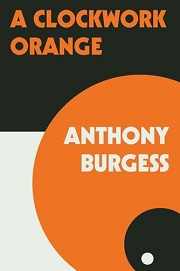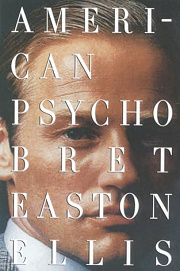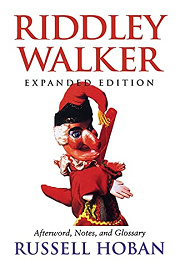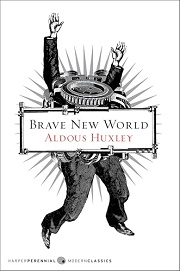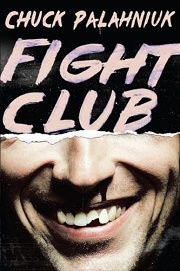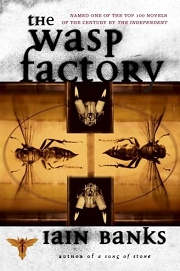Share your thoughts in a quick Shelf Talk!
A Clockwork Orange by Anthony Burgess
In a riot-torn near-future where slang is a weapon and violence is a pastime, a magnetic young delinquent narrates a descent into control, rebellion, and the fragility of free will. With its shocking style and unforgettable voice, A Clockwork Orange challenges notions of morality and choice in a way that lingers long after the last page.
Have you read this book? Share what you liked (or didn’t), and we’ll use your answers to recommend your next favorite read!
Love A Clockwork Orange but not sure what to read next?
These picks are popular with readers who enjoyed this book. Complete a quick Shelf Talk to get recommendations made just for you! Warning: possible spoilers for A Clockwork Orange below.
In A Clockwork Orange, did you enjoy ...
... being trapped inside the mind of a charming, remorseless narrator?
American Psycho by Bret Easton Ellis
If riding shotgun with Alex as he boasts about "the old ultra-violence," croons over Beethoven, and narrates the home invasion of F. Alexander made you shiver, you’ll be riveted by Patrick Bateman’s glossy, horrifying confessions in American Psycho. Like Alex, Bateman is articulate, stylish, and monstrous—his deadpan catalogues of atrocities mirror Alex’s jaunty first-person brags, turning your complicity as a reader into the book’s sharpest blade.
... a future-world slang that you decode as you read?
Riddley Walker by Russell Hoban
If Burgess’s Nadsat—those "horrorshow" phrases at the Korova Milkbar and beyond—was half the thrill of A Clockwork Orange, Riddley Walker will hook you from the first page. Hoban immerses you in a post-collapse English dialect you have to learn on the fly, echoing the way Nadsat pulled you into Alex’s world. The language itself becomes the worldbuilding, as charged and disorienting as the Ludovico sessions were for Alex.
... the clash between social conditioning and genuine freedom?
Brave New World by Aldous Huxley
If the ethical chill of the Ludovico Technique—forcing Alex to recoil at violence and Beethoven alike—stayed with you, Brave New World drills even deeper into the question of whether a "peaceful" society built on conditioning is worth the cost. Where Alex fights to keep choice (even bad choice), Huxley’s World State smooths away conflict with hypnopaedia and soma, daring you to decide which is the greater cruelty.
... jet-black satire that makes you laugh at transgression and decay?
Fight Club by Chuck Palahniuk
If you found yourself grimly chuckling at Alex’s gleeful narration—cracking jokes even as he and his droogs paint the town red—Fight Club offers that same unnerving laugh-in-the-dark energy. Its nameless narrator embraces chaos as a cure for a deadened culture, much like Alex’s thrill-seeking nights out, and the book’s savage punchlines land with the same shock as the morning-after consequences of a "real horrorshow" spree.
... a teenage narrator coolly recounting acts of shocking brutality?
The Wasp Factory by Iain Banks
If Alex’s first-person swagger through beatings, break-ins, and the assault on F. Alexander unsettled you precisely because of how casually he tells it, The Wasp Factory doubles down. Frank, a secluded teenager, describes ritual cruelty with the same eerie poise Alex uses for "viddying the action," turning confession into a dare and forcing you to confront how narrative voice can normalize the unthinkable.
Unlock your personalized book recommendations! Just take a quick Shelf Talk for A Clockwork Orange by Anthony Burgess. It’s only a few questions and takes less than a minute.
